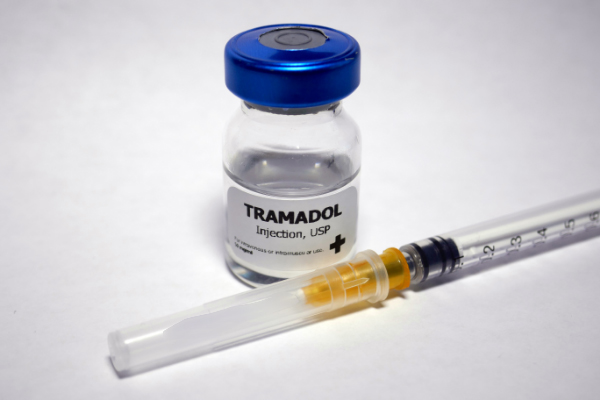Tramadol was once thought of by the medical community to be a less addictive prescription pain killer. Tramadol is an opioid, but how it enters the brain is different from other opioids. Tramadol is addictive, and it does cause euphorias like more potent opioid pain meds such as Vicodin, Percocet, or Norco. Still, Tramadol is reserved for patients who have less tolerance to the effects of opioids, such as children, the elderly, or people with less agility generally. Tramadol addiction requires opioid replacement medications, counseling, and long-term support for someone to stop using it. Evidence-based forms of therapy are recommended to treat Tramadol addiction, including cognitive behavioral therapy and dialectical behavioral therapy. 
Why is Tramadol Prescribed?
As previously stated, Tramadol is a prescription pain medication. It can only be given to a person who is experiencing moderate to severe pain. The patients who receive Tramadol are often children with a severe injury or senior citizens who have a chronic illness that causes pain such as osteoarthritis, kidney or gallstones, angina, and cancer. The stigma that Tramadol is non-addictive, however, does still influence doctors and other medical professionals, who are still likely to reserve Tramadol for people who are in recovery who need pain medication. Tramadol is indeed less potent, but it is addictive.
What Do the Officials Say Tramadol Is?
The Federal Drug Administration Lists Tramadol as an opioid, and it is approved for treating pain. The FDA approved Tramadol in the United States in 2005.
“Tramadol is a specific type of narcotic medicine called an opioid that is approved to treat moderate to moderately severe pain in adults. It is available under the brand names Ultram, Ultram ER, Conzip, and also as generics. Tramadol is also available in combination with the pain reliever acetaminophen under the brand name Ultracet and as generics.” (FDA)
How Does High-Dose Tramadol Make You Feel?
Higher doses of Tramadol will make a person feel more of the opioid effects. The risk for accidental overdose and other medical emergencies goes up when someone takes too much Tramadol. The higher doses of Tramadol will range from 50 mg to 300 mg and should never exceed 400 mg a day. However, people who are abusing Tramadol will take upwards of 600 mg per day. The pills that most Tramadol addicts are after that will give them euphoria are the infamous ‘627’ marked pills, 50mg each. High-dose Tramadol will make a person feel and do the following:
- Tired and sleepy
- Nausea and vomiting is likely
- Nodding off while sitting up or driving
- Sensitivity to noise and light
- Vivid dreams that feel like hallucinations
- Dehydrated and thirsty
- Presence of a course voice
- Itching sensations all over the body
- Runny nose and congestion
- Headaches
How To Know If You are Addicted to Tramadol?
Tramadol addiction will look the same as an addiction to other opioid pain killers and even heroin. However, opioid addiction is extreme because it will cause physical dependence. Anyone who is addicted to Tramadol will go through physical withdrawals if they suddenly stop taking Tramadol. Physical withdrawal symptoms include insomnia, nausea and vomiting, diarrhea, rapid heart rate, high blood pressure, muscle and bone pain, and other flu-like severe symptoms. Anyone going through tramadol withdrawal must be medicated with safe and effective opioid replacement medications for them to get clean safely.
Call Now For Priority Admission to Our Tramadol Detox Program
We provide safe and effective opioid addiction medications to reverse Tramadol withdrawal symptoms. All of our patients are assessed by medical doctors and psychiatric staff specializing in opioid and Tramadol addiction. In some cases, a taper protocol of Tramadol may be necessary to help them overcome the addiction more gradually. We can end the addiction to Tramadol safely and quickly. Whether you suffer from addiction to Tramadol or some other drug, we offer a variety of addiction treatment programs and medical detox to help anyone on their path to sobriety. Call now to be admitted and chat or email for more info.


